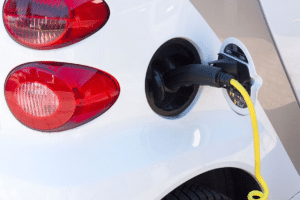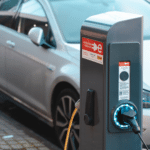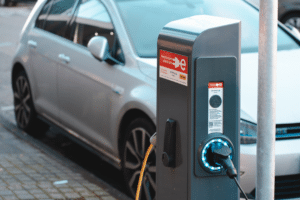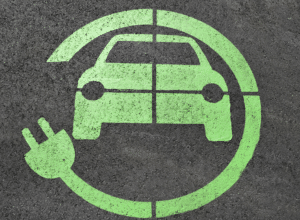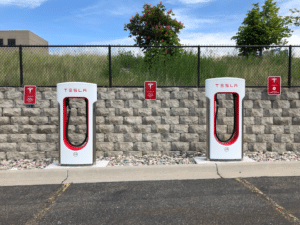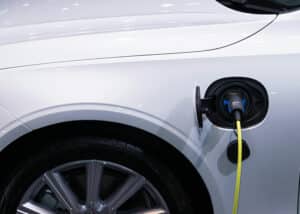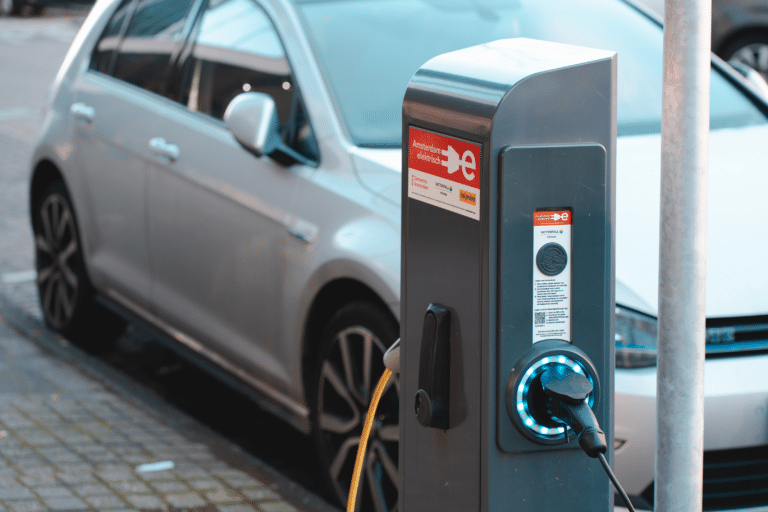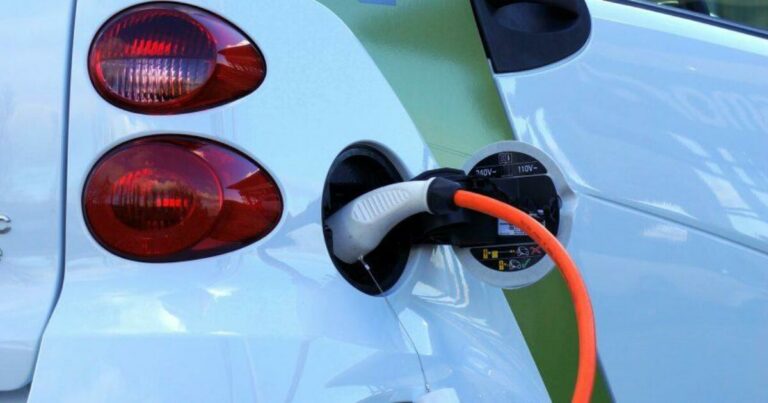The UK government has recently announced a significant policy shift that will make it easier for businesses and individuals to install EV charging points without the need for planning applications. This move is expected to accelerate the adoption of electric vehicles (EVs) by reducing bureaucratic hurdles and making charging infrastructure more accessible, according to This Is Money.
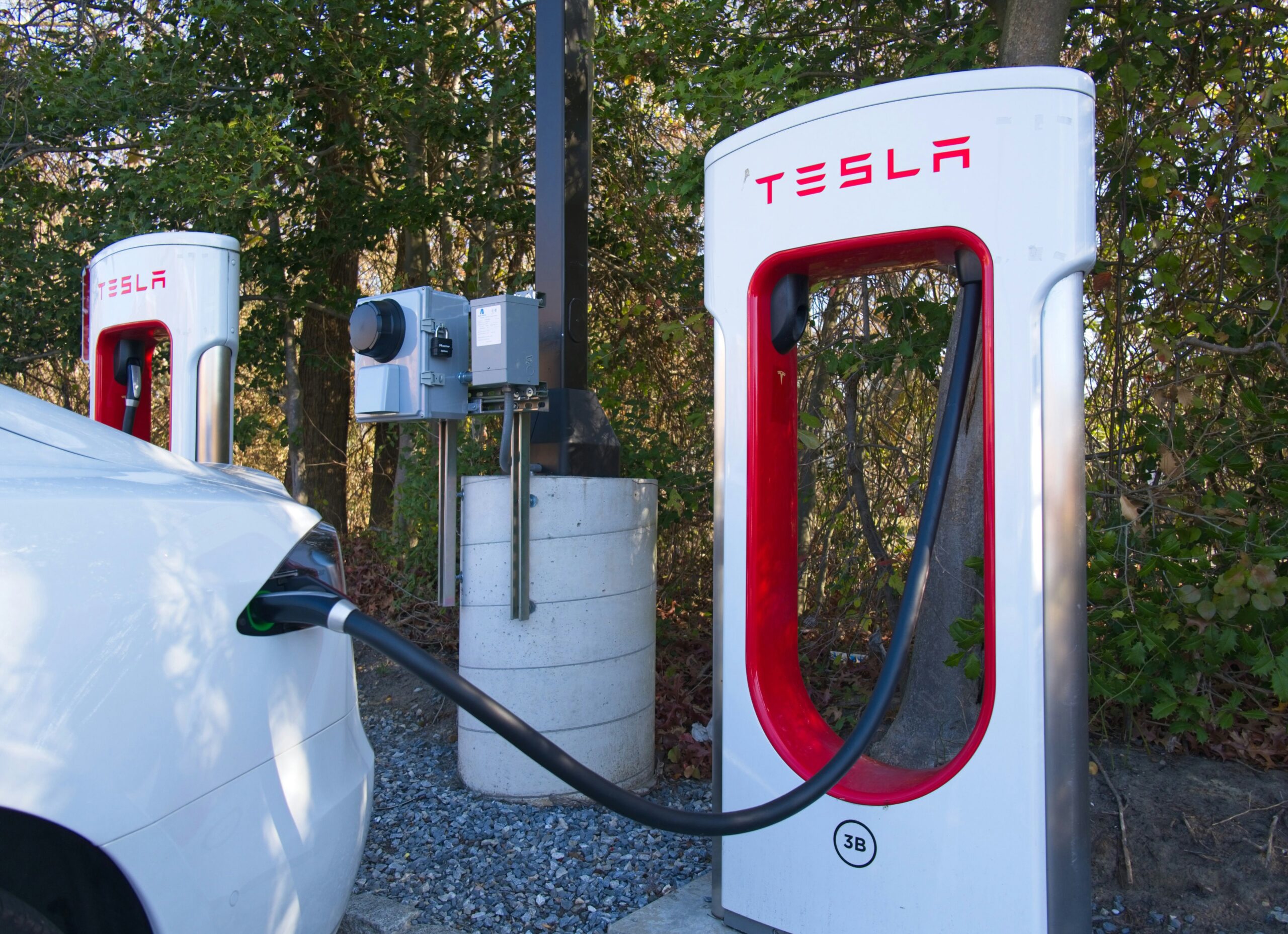
The Policy Change: What It Means For EV Owners
Previously, installing an EV charging point—whether at home, in workplaces, or in public spaces—required navigating complex planning regulations. This often led to delays and additional costs, discouraging many from making the switch to electric vehicles. However, under the new rules, drivers and businesses can now install charge points without submitting planning applications, significantly streamlining the process, says Auto Express.
According to Future of Roads Minister Lilian Greenwood, this policy change is part of a broader effort to “cut down on paperwork to power up the EV revolution” and ensure that drivers have more charging options with fewer regulatory barriers.
The Impact on EV Charging Infastructure
The removal of planning application requirements is expected to have a profound impact on the expansion of EV charging infrastructure across the UK. With nearly 80,000 public charge points already available, the government aims to further increase accessibility by making installations quicker and more cost-effective, says Local Gov.
Industry experts have welcomed the move, noting that it will help businesses and homeowners install charge points without unnecessary delays. Lewis Gardiner, Operations Director at Osprey Charging Network, stated that “removing the need for planning permission for essential electrical infrastructure like substations will save months of delays, reduce costs, and accelerate the delivery of rapid charging hubs”.
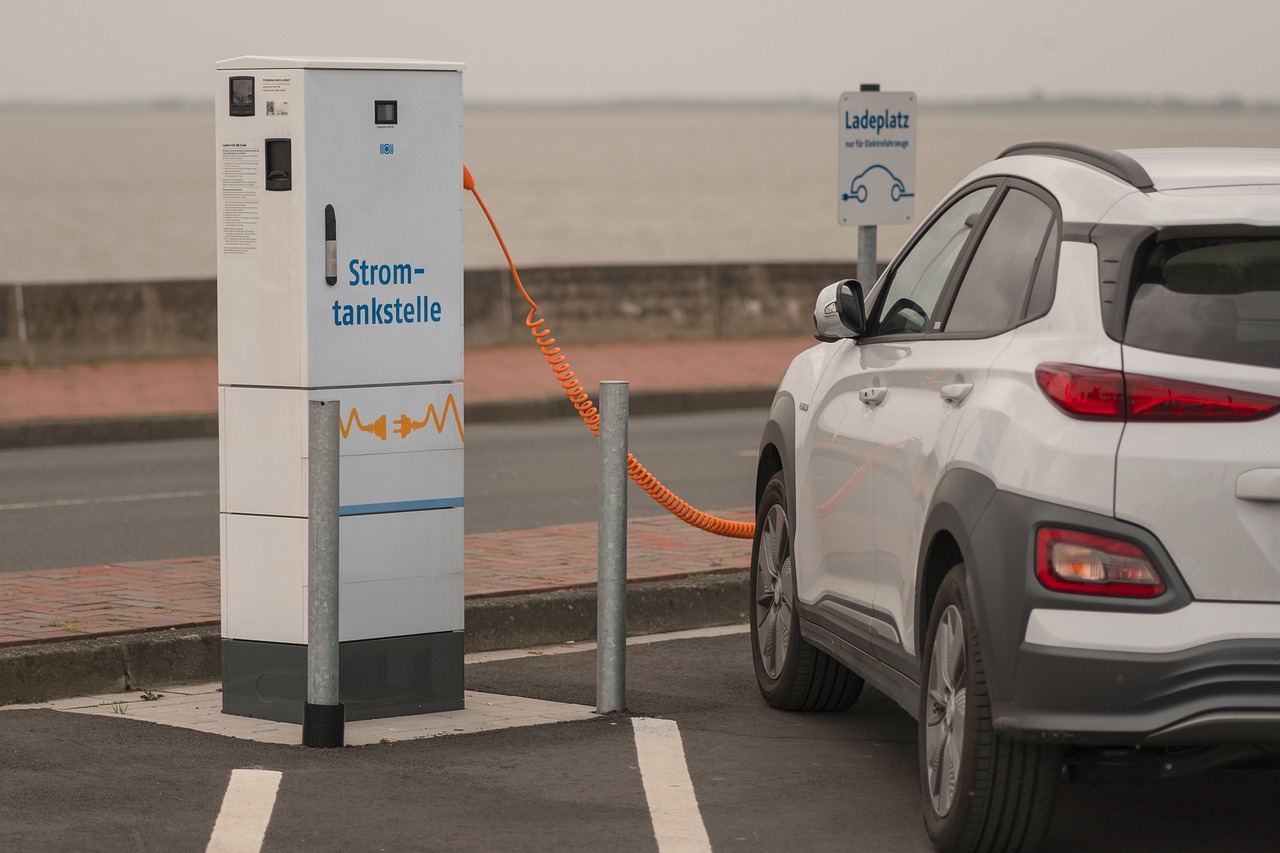
Financial Benefits for EV Owners
One of the key advantages of this policy change is the potential cost savings for EV owners. The government estimates that drivers who install home charge points could save up to £1,100 per year compared to running a petrol or diesel vehicle. Additionally, existing government incentives allow renters and homeowners with on-street parking to receive up to £350 off the cost of installing a home charger.
These financial incentives, combined with the removal of planning application requirements, are expected to encourage more drivers to transition to electric vehicles, further supporting the UK’s commitment to reducing carbon emissions.
Challenges and Considerations
While the policy change is a positive step forward, experts caution that additional measures are needed to ensure widespread adoption of EV charging infrastructure. Jack Cousens, head of roads policy for The AA, emphasized that “the crucial element is ensuring grid connection in a timely manner, especially in rural locations and areas where there is no dedicated off-street parking”.
Furthermore, industry leaders have called for increased support for drivers without driveways, as they still face barriers to affordable and convenient charging. Vicky Edmonds, Chief Executive of EVA England, noted that “making it easier to install both public and private charging infrastructure is essential to helping more drivers switch to electric”.
Conclusion
The removal of planning application requirements for EV charging installations marks a significant milestone in the UK’s transition to electric mobility. By reducing bureaucratic hurdles and offering financial incentives, the government is making it easier for individuals and businesses to embrace EV technology.
However, continued investment in grid infrastructure and support for drivers without off-street parking will be crucial to ensuring that the benefits of this policy change are fully realized. As the UK moves toward a greener future, these reforms will play a vital role in making EV charging more accessible and convenient for all.
If you’re now thinking of becoming an EV driver now thanks to this huge milestone, you could always catch up too on how Britain is on Track to Hit EV Charging Targets as we dive into looking at the increase in public charging devices over the past year.



















